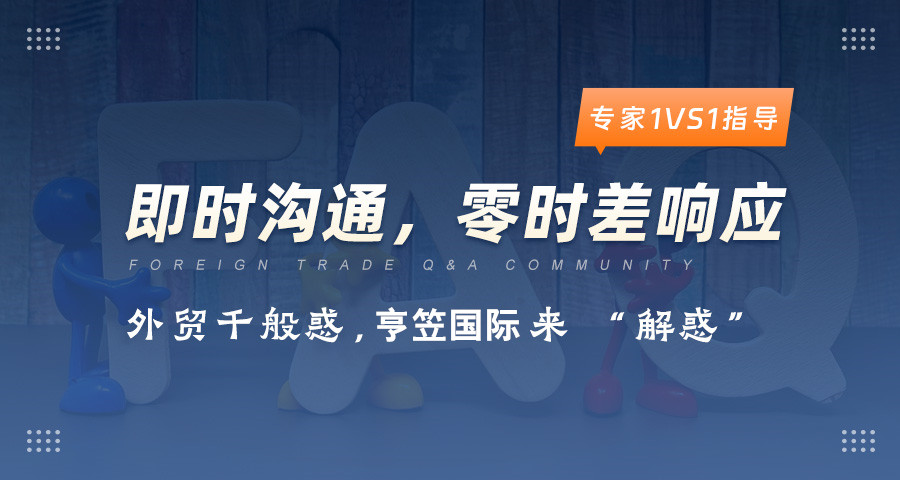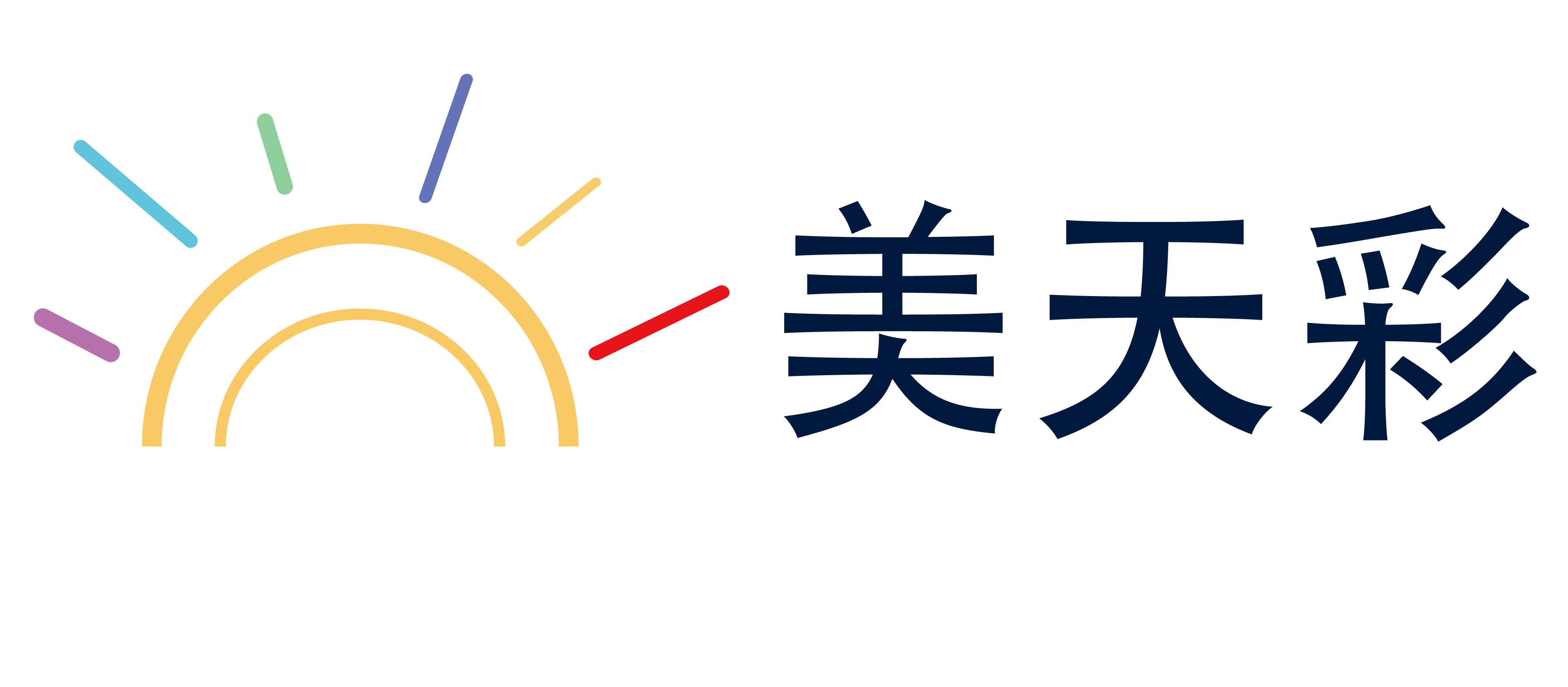化妆品配方监管新规与生产标准解析
化妆品作为人们日常生活中不可或缺的 beauty 品类,其配方的科学性和安全性直接关系到消费者的健康和形象维护。近年来,随着消费者对 beauty 品类的日益理性追求以及全球范围内的 quality 标准化,化妆品行业在配方监管和生产标准方面面临着前所未有的挑战和机遇。 cosmetic industry regulations have been increasingly strict, with the aim of ensuring the safety and efficacy of cosmetic products while meeting the diverse needs of consumers.
一、法规的背景与重要性
随着 beauty 品类的国际化竞争日益激烈,国际化妆品监管机构对 cosmetic products 的质量标准要求不断提高。 cosmetic industry has become a highly competitive sector globally, with cosmetic companies from around the world vying for market share. 国际化妆品监管机构对 cosmetic products 的质量标准要求不断提高, 包括配方成分的安全性、生产过程的可控性以及对消费者健康的影响等。 cosmetic companies are required to conduct rigorous quality control measures, including testing for safety and efficacy, as well as ensuring the integrity of production processes.
化妆品行业在经历了多年的发展后,已经积累了大量的配方数据和生产经验,但随着消费者对 beauty 品类的日益理性追求,现有的法规已经无法完全满足市场需求。 cosmetic industry has developed significantly over the years, accumulating vast amounts of cosmetic formulation data and production experience. However, with the increasingly rational demands of consumers for beauty products, the existing regulations are no longer sufficient to meet market needs.
二、新规定的核心内容
根据新的 cosmetic 行业监管规定, cosmetic products 必须遵循更加严格的配方监管和生产标准。 cosmetic products must comply with more stringent cosmetic formulation and production standards. 具体来说,新规定包括以下内容:
1. 配方成分的科学性与安全性要求: cosmetic products 必须使用经过科学验证的成分,且成分的安全性必须符合国际标准。 cosmetic products must use scientifically validated ingredients, and the safety of the ingredients must comply with international standards.
2. 过敏测试与成分标识要求: cosmetic products 必须通过严格的过敏测试,并在产品标签上明确列出所有成分。 cosmetic products must undergo rigorous allergic testing, and all ingredients must be clearly labeled on the product packaging.
3. 生产过程的监控与质量控制: cosmetic production process 必须实施严格的质量控制措施,包括原材料采购、配方开发、生产过程监控等。 cosmetic production processes must include strict quality control measures such as raw material procurement, formulation development, and process monitoring.
4. 配方注册与审批流程的规范化: cosmetic formulation registration and approval processes 必须规范化,确保 cosmetic companies 的配方开发符合法规要求。 cosmetic formulation registration and approval processes must be standardized to ensure that cosmetic companies' formulation development complies with regulations.
5. 消费者知情权的保障: cosmetic products 必须提供详细的成分说明,确保消费者能够充分了解产品。 cosmetic products must provide detailed ingredient information to ensure that consumers can fully understand the product.
三、新规定实施后的生产标准变化
新规定对 cosmetic production 标准提出了更高的要求,主要体现在以下方面:
1. 配方的科学性与个性化需求: cosmetic companies 必须开发更加科学的配方,以满足消费者个性化的需求。 cosmetic companies must develop more scientifically formulated products to meet consumers' personalized needs.
2. 生产过程的严格控制: cosmetic production process 必须实施严格的质量控制措施,包括原材料采购、配方开发、生产过程监控等。 cosmetic production processes must include strict quality control measures such as raw material procurement, formulation development, and process monitoring.
3. 环境安全与可持续性: cosmetic products 必须确保其配方和生产过程符合环境安全要求,并注重可持续性。 cosmetic products must ensure that their ingredients and production processes meet environmental safety standards and emphasize sustainability.
4. 生产环境的安全性: cosmetic production process 必须在安全的环境中进行,以避免生产过程中的潜在风险。 cosmetic production processes must be conducted in a safe environment to avoid potential risks during production.
四、监管措施的加强
为了确保 cosmetic products 的质量与安全,监管机构采取了多项加强措施:
1. 更严格的审批流程: cosmetic companies 的配方开发必须经过严格的审批流程,确保其符合法规要求。 cosmetic companies' formulation development must go through rigorous approval processes to ensure compliance with regulations.
2. 第三方检测与认证: cosmetic products 必须通过第三方检测机构的严格检测,并获得相关认证。 cosmetic products must undergo strict testing by third-party testing institutions and obtain relevant certifications.
3. 动态监管与风险评估:监管机构会根据 cosmetic products 的市场需求和风险评估结果,调整监管策略,确保监管工作的有效性。 regulatory agencies will adjust regulatory strategies based on market demand and risk assessment results to ensure the effectiveness of regulatory work.
五、消费者层面的影响
新规定对消费者层面的影响主要体现在以下几个方面:
1. increased consumer awareness:消费者对 cosmetic products 的安全性和科学性要求不断提高,选择范围逐渐扩大。消费者对 cosmetic products' safety and science requirements are increasingly stringent, leading to a broader range of choices.
2. 透明度的提升:新规定要求 cosmetic companies 提供更详细的成分说明,消费者可以更清楚地了解产品。 cosmetic companies are required to provide more detailed ingredient information, allowing consumers to better understand the product.
3. 消费者选择权的扩大:消费者可以选择更加科学、安全、个性化的 cosmetic products,满足其多样化的 beauty 需求。 consumers can choose more scientifically formulated, safe, and personalized cosmetic products to meet their diverse beauty needs.
六、未来的发展趋势
未来 cosmetic 行业的发展趋势将更加注重科学性和可持续性, cosmetic companies 将更加注重配方的科学性和生产过程的可控性,以满足消费者日益增长的健康与 beauty 需求。 In the future, the cosmetic industry will place even greater emphasis on science and sustainability, with cosmetic companies focusing more on scientifically formulated ingredients and controllable production processes to meet consumers' ever-growing health and beauty needs.
新规定不仅对 cosmetic companies 的配方开发和生产过程提出了更高的要求,也为消费者提供了更加安全、科学、个性化的 beauty 选择。 In summary, the new regulations not only impose higher requirements on cosmetic companies' formulation development and production processes but also provide consumers with more safe, scientific, and personalized beauty choices.
上述信息,涵盖图片、视频以及各类文字资料,美天彩仅扮演信息存储的角色。若存在任何侵犯知识产权或其他合法权益的情形,请立即联系我们删除,切实维护您的权益。
郑重声明
- 延伸阅读:
- 上一篇:化妆品动物实验的动物种类与使用方法
- 下一篇:化妆品注册管理规定

Experts Q & A
外贸专家答疑
为了帮助您更快地解决问题,建议向我们的外贸专家进行咨询,提供专业的方案咨询和策划。


马上留言 (0) 0